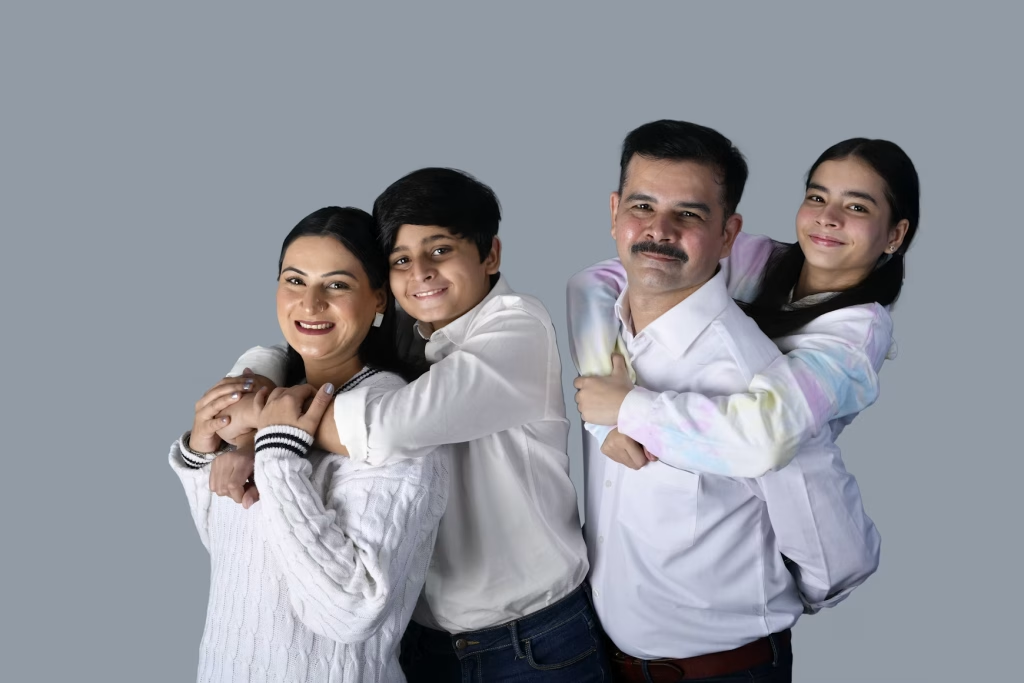
We’ve all had those moments: the sippy cup spills (again), the laundry piles never seem to end, and someone’s late for school—before you know it, you’re yelling. In the whirlwind of parenthood, yelling can feel like an instant release or a moment of control.
But it begs a critical question: Can yelling at your child ever be justified, or does it always leave a mark?
According to most research, the consequences of yelling in parenting may be more serious than many realize.
Let’s dive into what yelling really does when it happens, whether it’s ever “okay,” and how you can make positive changes—even on your most stressful days.
1. Yelling Feels Natural—But That Doesn’t Make It Harmless
All parents lose their cool occasionally. Parenting is emotional, demanding, and chaotic. In moments of high stress, shouting might seem like a normal reaction. But studies indicate that yelling isn’t harmless, even if it’s rare or emotionally fueled.
In fact, the impact can be similar to physical discipline, causing fear, anxiety, depression, and behavioral problems in children. According to this resource from Humanium, yelling can lead to long-term emotional harm, regardless of how justified it felt in the moment.
2. Even “Protective Yelling” Can Have Consequences
You might think certain situations justify yelling—your child darts across a busy road, or nearly touches a hot stove. While raising your voice instinctively in emergencies can help keep them safe, it doesn’t negate the negative impact yelling can have. Even this so-called “protective yelling” can instill fear or stress if it becomes a regular parenting tactic. It’s a short-term solution that might reinforce immediate compliance but can also erode trust and emotional security in the long run.
3. Yelling Models Poor Emotional Regulation
Children learn to handle conflict and frustration largely from observing how we, as parents, respond. When we yell, we’re effectively showing them that yelling is an acceptable outlet for anger. This modeling can lead them to mimic the same aggression with siblings, peers, or even authority figures. As research in the Journal of Marriage and Family notes, consistent yelling teaches kids fear rather than reflection or problem-solving—an approach that harms their ability to self-regulate when they’re upset.
4. The Long-Term Effects Extend Beyond the Moment
Even if yelling yields compliance now, it often fosters resistance in the long run. Children who are regularly yelled at might become withdrawn, oppositional, or more aggressive themselves. Studies also show that repeated exposure to shouting can heighten a child’s risk of anxiety, depression, and other mental health struggles into adolescence and adulthood. According to research highlighted by the American Psychological Association, verbal aggression can fundamentally shift how a child’s brain processes stress.

5. Love Doesn’t Cancel Out the Harm
Many parents will yell at times but also shower their kids with hugs and reassurance. While affection is invaluable, it doesn’t undo the emotional hurt caused by yelling. Children may start questioning their safety in the parent-child bond, fearing unexpected eruptions of anger. Emotional unpredictability can cultivate an environment of hypervigilance, leading kids to feel they must walk on eggshells. Consistency—both emotional and behavioral—is key to a secure attachment.
So, What Can You Do Instead?
If yelling has become a habit, it’s not too late to shift gears. Start by identifying triggers, such as tiredness, stress, or a specific time of day when everything feels overwhelming. Develop alternative strategies—maybe you take a quick breath or step out of the room before reacting. You could also try a calm but firm tone to get your child’s attention; remind them you’re upset without escalating volume. Positive discipline approaches encourage building routines, using natural consequences, and guiding emotional awareness, all of which help kids learn without fear.
Repair Is More Important Than Perfection
No one parents flawlessly, and slip-ups happen. If you do yell, a sincere apology—explaining you felt overwhelmed—can go a long way. It shows your child that grown-ups also have lessons to learn about self-control. It emphasizes accountability and reassures them that your relationship is grounded in respect and emotional safety, even when mistakes occur.
Balancing Love, Boundaries, and Composure
Ultimately, discipline should teach, not terrify. When big emotions come crashing, taking a moment to ground yourself can make all the difference. Teaching kids healthy emotional regulation means modeling it ourselves—showing that, yes, we get mad, but we can handle those feelings constructively. If you’ve been relying on yelling as a go-to, consider gradually incorporating calmer tactics. Over time, you’ll likely notice a more peaceful home environment and a stronger bond with your child.
Have you successfully moved away from yelling? Let us know which strategies helped you stay calm in the comments below. Sharing your experiences might guide another parent toward a more peaceful household.
Read More:
- “Spanking A Child Has Its Place” (Here’s When It’s Okay)
- When You Regret Yelling at Your Kids: What No One Talks About

Samantha Warren is a holistic marketing strategist with 8+ years of experience partnering with startups, Fortune 500 companies, and everything in between. With an entrepreneurial mindset, she excels at shaping brand narratives through data-driven, creative content. When she’s not working, Samantha loves to travel and draws inspiration from her trips to Thailand, Spain, Costa Rica, and beyond.
Leave a Reply